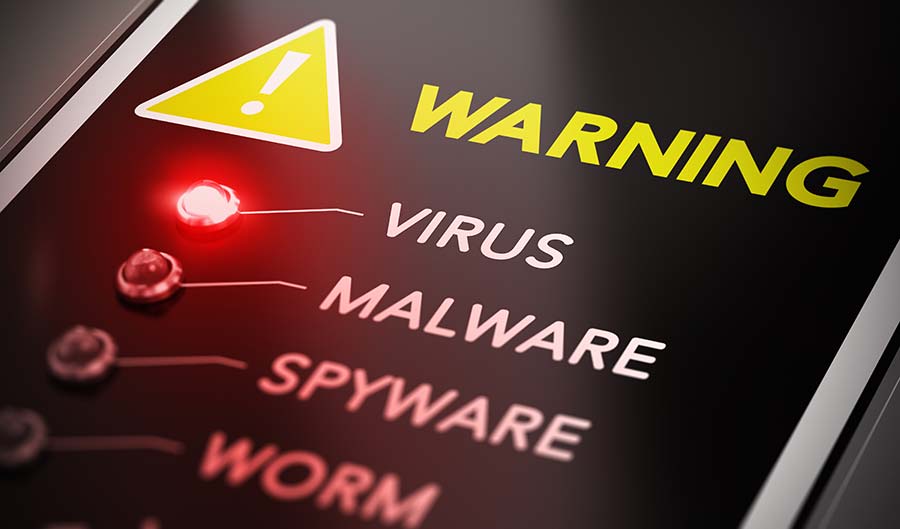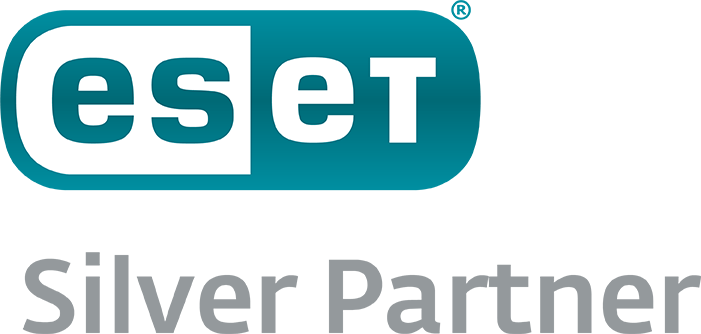
Has your computer been running slow lately? Are you getting a bunch of unwanted pop-ups? Then it’s possible your system’s security has been breached. Being able to identify whether or not your computer is infected with malware will allow you to quickly come up with antivirus solutions to protect your system.
Slow Computer
The most common symptom of a malware infection is a slow running computer. Are your operating systems and programs taking a while to start up? Is your data bandwidth suspiciously slow? If so, your computer may potentially have a virus.
However, before you immediately assume your computer has a virus, you should check if there are other causes to your computer slowing down. Check if you’re running out of computer memory under the Performance Tab.
Other causes of a slow system include a lack of space on your hard drive and damaged hardware. Once you’ve ruled out the other potential causes, then a virus may have infected your device.
Lack of Storage Space
There are several types of malware that can manipulate the files saved on your computer. Most tend to fill up your hard drive with suspicious files. If you find any unknown programs that you have never installed before, don’t open the application, contact an IT specialist who will advise the best solution for removing this.
Pop-ups and Other Unwanted Programs
These are irritating signs that your computer has a virus. Pop-ups come from clicking on suspicious pages, answering survey questions to access a website’s service or installing free applications. Don’t click on ads where Jane says she earned $8000 a month staying at home. When you get pop-ups appearing out of the blue, refrain from clicking anywhere on the pop-up page and just close out of the window and use your anti-malware tool immediately.
Equally, free applications allow you to download their service for free but the installation process can be riddled with malware. When you’re installing a program from the Internet it’s easy to just skim over the terms and conditions page and repeatedly press next. This is where they get you. In the process of skipping over certain installation steps, you might have agreed to accepting a new default browser, opening unwanted websites and other programs filled with viruses. Just be cautious the next time you download something for free. It’s best to try avoiding any of these practices when you can in order to protect your computer.
You’re Sending out Spam
If your friends are telling you that you’ve been offering them suspicious messages and links over social media or email, you might be a victim of spyware. These may be caused from setting weak passwords to your accounts or forgetting to logout of them.
In the end, it’s best to know how malicious software affects your computer so you can take steps to rectify the situation as soon as possible. Regardless of whether or not your system has experienced these symptoms, it’s always smart to perform regular malware scans to ensure your business is safe. To find out more about malware and IT security, contact us today.
For more information or advice about your IT requirements, give Itech Support a call on 01923 674091 or email support@itechsupport.net

